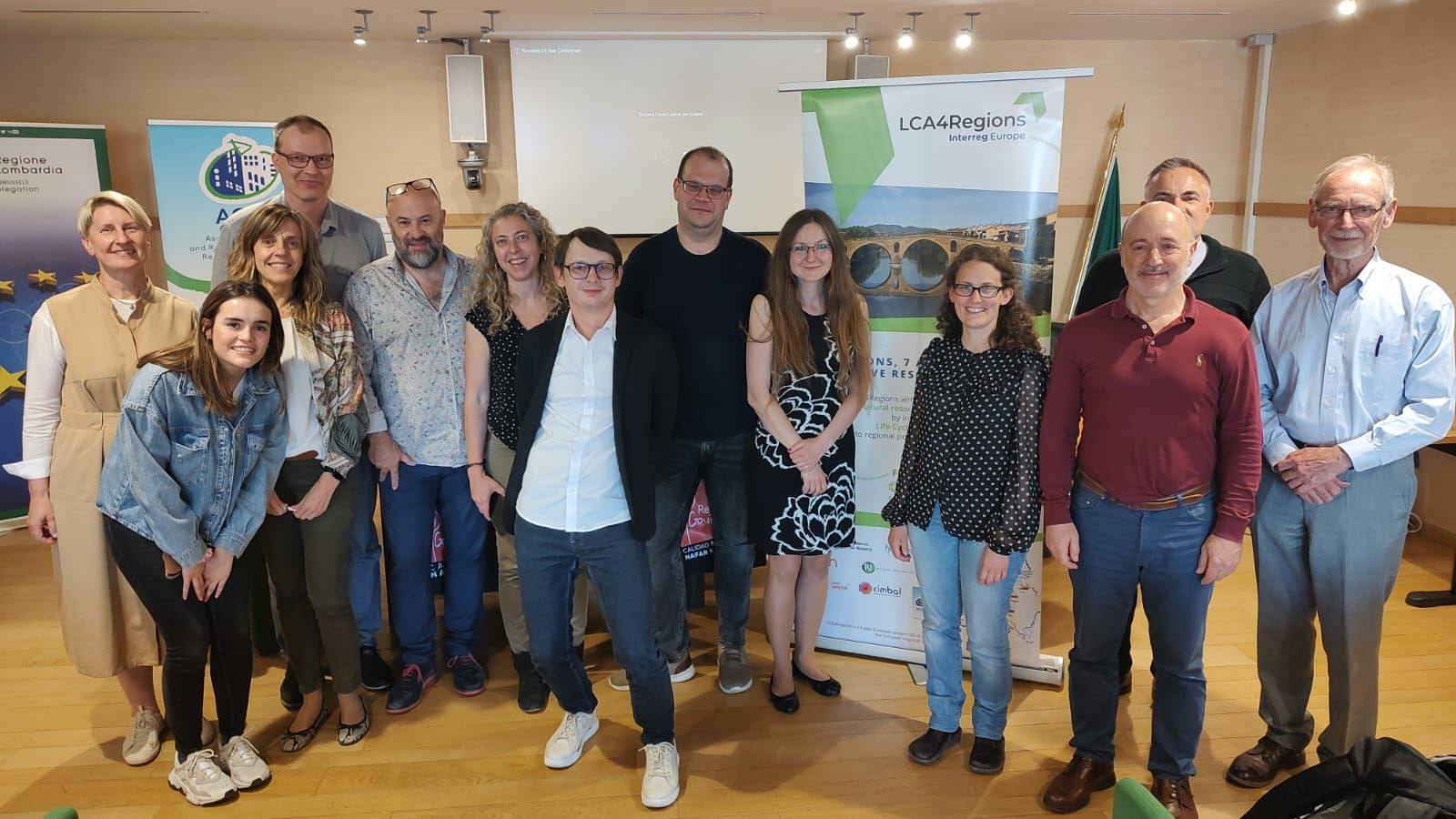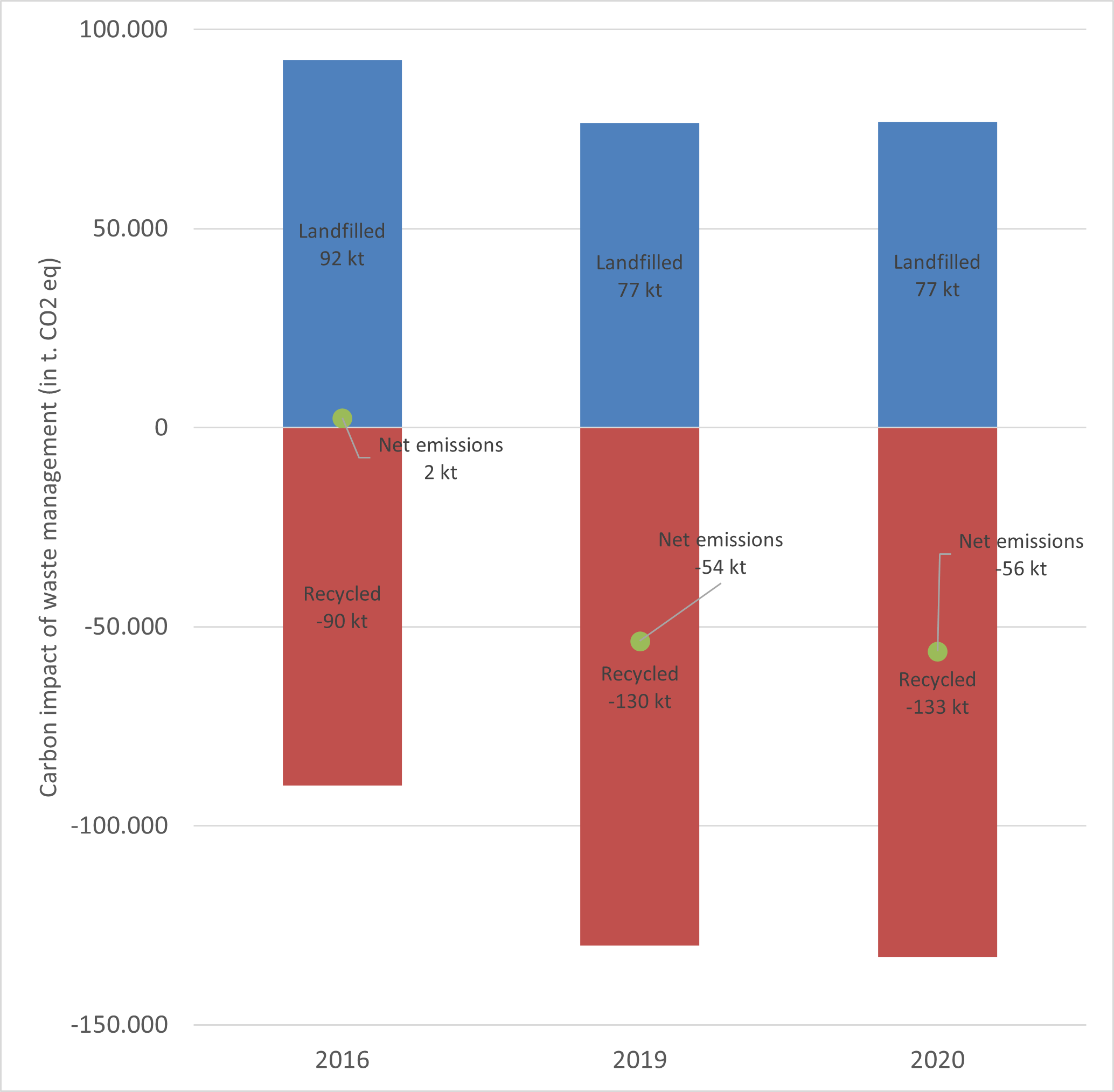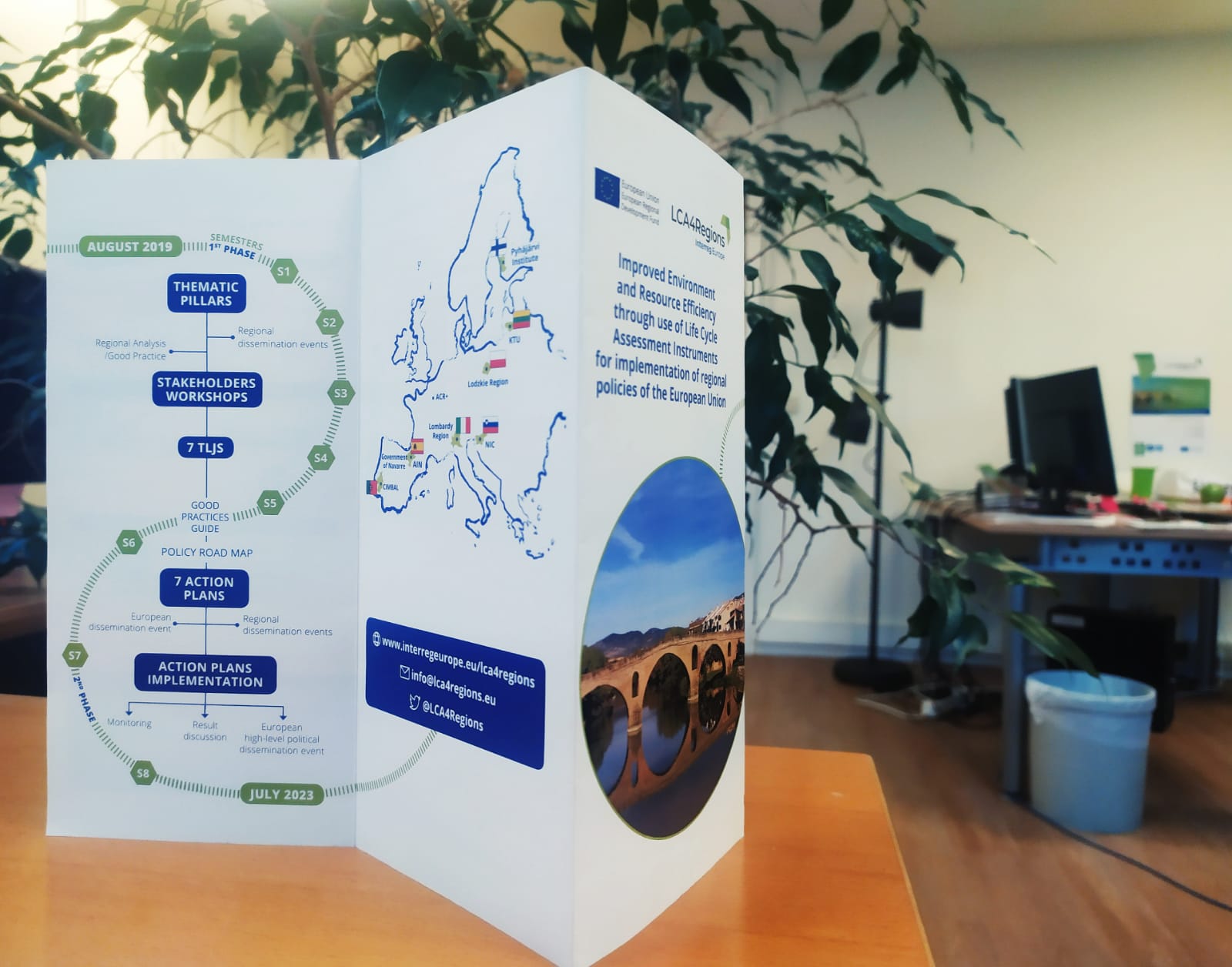As part of the TLJ, KTU introduced two case studies during the workshop “From theory to practice”.
Carried out by PHD environmental engineering students at KTU, they represent two examples of Lithuanian life cycle methodologies.
Environmental Life Cycle Assessment of Electric and Conventional Vehicles
This study, carried out by two PHD environmental engineering students, K. Petrauskienė and M. Skvarnavičiūtė, aims at evaluating and comparing the environmental impacts of battery electric vehicle (BEV) and internal combustion engine vehicles (ICEVs) fuelled with diesel and petrol, analysing the BEV’s operation stage under different electricity generation scenarios. The goal of this work is to assess the most preferable electricity mix scenario and generation technologies under which the environmental load would be the least.
The scope of this analysis represents a “complete LCA”, which includes the fuel cycle as “Well-To-Wheel” analysis and the vehicle life cycle that follows a “Cradle-to-Grave” approach. The results of the LCA are presented in three combined phases: production, use and disposal.
Environmental impact assessment of renovated multi-apartment building using LCA
This presentation (V. Chandrasekaran and A. Vitkutė) starts analysing the Lithuanian context, where the environmental impact assessment on buildings using life cycle method is relatively new and there is a limited number of studies (almost none) with existing buildings and assessment with LCA.
The study recommends integrating LCA at regional level in order to improve both the decision making and the consumer/builder’s awareness in selecting the materials during construction. LCA would help to overcome the standardization of the policies and procurement processes. Studies related to environment impact assessment of the construction industry and materials with life cycle approach are highly recommended in Lithuanian setup.
The study suggests to focus on energy consumption, low energy houses, and to integrate a sustainability framework of buildings that covers ecological, economic, and social aspects.










